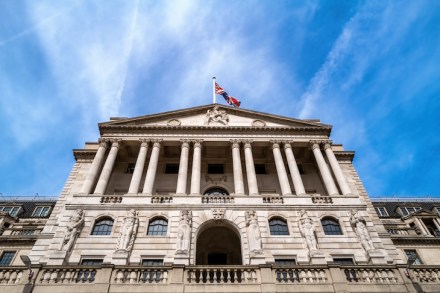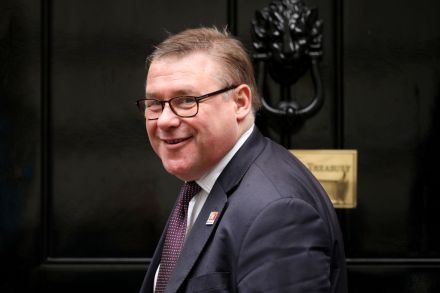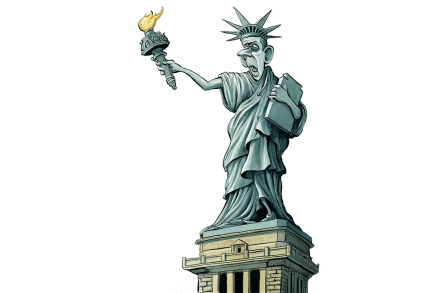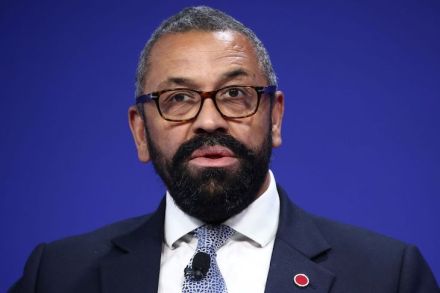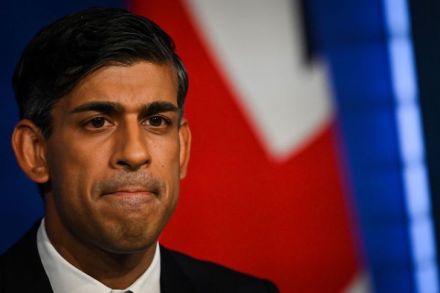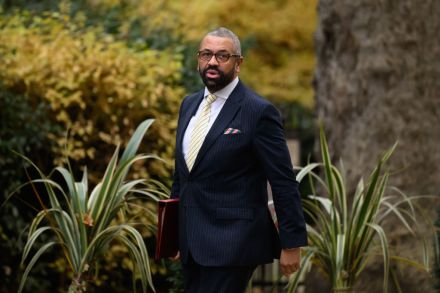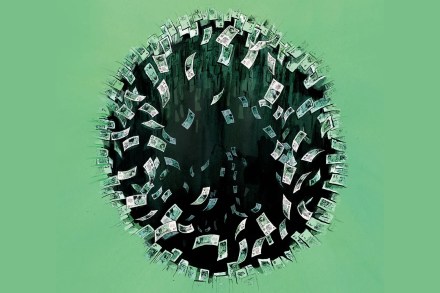Interest rates may start to fall – but not yet
The Bank of England has held interest rates at 5.25 per cent for the third consecutive time. This was the expected outcome of the Monetary Policy Committee’s latest vote, but it wasn’t unanimous. There were six MPC votes to hold rates but three to raise it to 5.5 per cent. No one voted to cut. This speaks to
